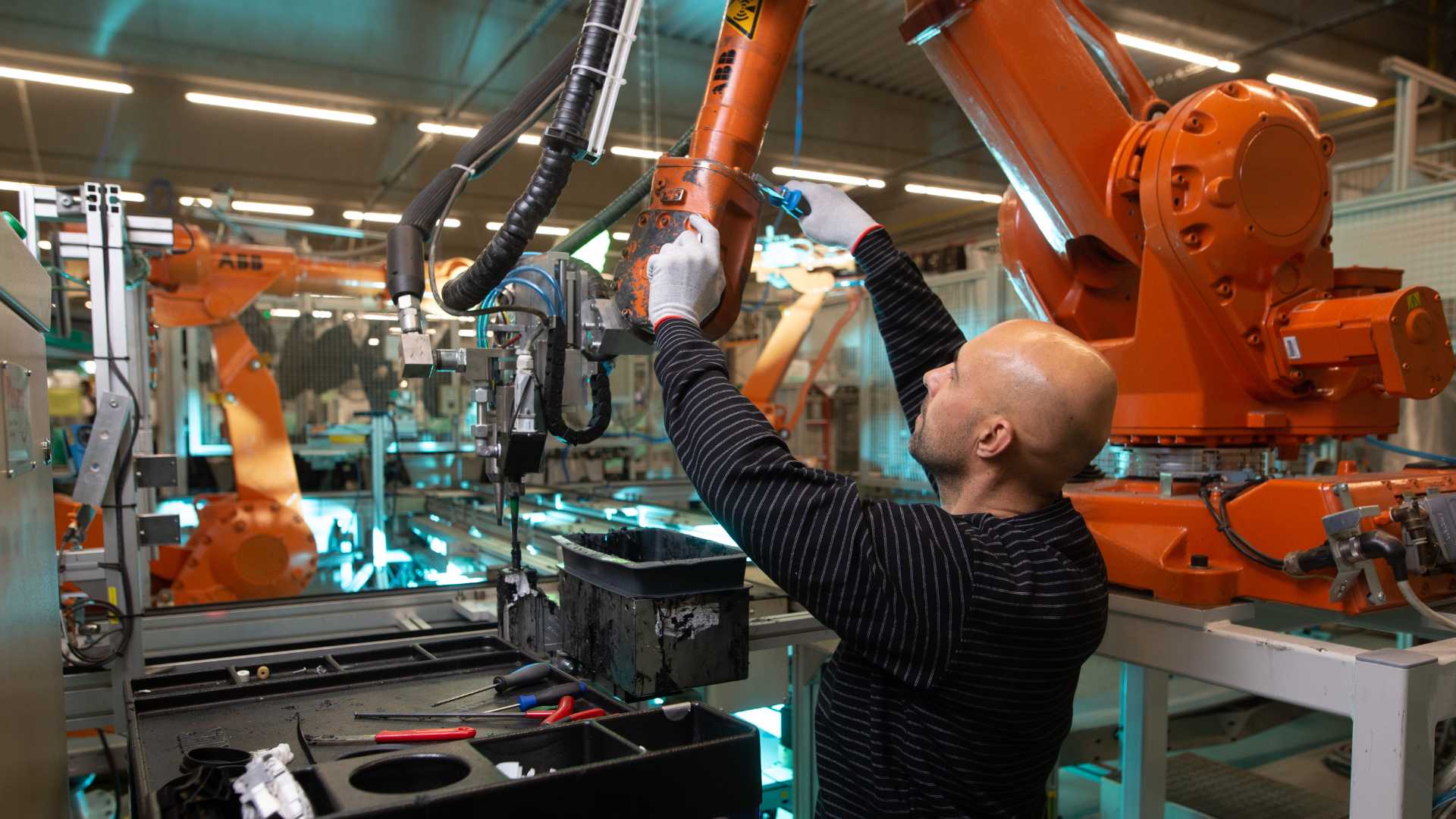Mechanical engineering technology is a fascinating field, bridging the gap between theoretical concepts and practical applications. It’s a world where gears, engines, and intricate designs come alive, shaping our modern landscape. This article will delve into the nuances of a degree in this dynamic discipline.
A mechanical engineering technology degree can open doors to a plethora of opportunities. From designing innovative machinery to optimizing manufacturing processes, the potential is vast. We’ll explore what it takes to earn this degree and the rewarding career paths that follow.
Mechanical Engineering Technology Degree
Mechanical Engineering Technology (MET) stands as a dynamic field, marrying theory with tactile application. In essence, it’s the practical side of mechanical engineering. From designing solutions for complex industrial machinery to innovating streamlined manufacturing processes, MET harbors vast opportunity pockets. This degree opens pathways to comprehensive knowledge about materials, manufacturing, mechanical design, and thermofluids, with a concentrated emphasis on the application fronts. Diving into coursework like computer-aided design (CAD), fluid mechanics, material sciences, and mechanics of materials, MET educates its disciples to become proficient problem-solvers, prepared to take on pressing industry challenges. MET isn’t just about procuring a degree. Rather, it becomes a resilient platform for fostering careers that influence change, improve systems, and drive progress. Acquiring a degree in MET, consequently, isn’t bound only to high school graduates. It pronounces its relevance to professionals looking to expand their technical prowess and dive deeper into the engineering realm.
Core Curriculum of a Mechanical Engineering Technology Degree
A diverse set of courses makes up the core curriculum of a Mechanical Engineering Technology (MET) degree, providing a balance of theoretical understanding and practical expertise. Fundamental courses include Physics, Chemistry, and Calculus, with Physics and Calculus laying the groundwork for complex mechanical concepts.
Higher-level technical courses typically focus on statics and dynamics, strength of materials, and thermodynamics. For instance, Statics provides students with a solid understanding of forces in equilibrium, while Dynamics teaches them how to analyze and predict the motion of objects.
Computer-aided design (CAD) and manufacturing processes also form an essential part of the curriculum, enhancing students’ aptitude in using advanced software and designing manufacturing patterns. Moreover, courses like fluid mechanics and machine design enhance students’ problem-solving skills, honing their capability to develop practical solutions for real-world industrial problems.
Co-operative education plays a significant role in MET degrees, as it allows students to gain practical, first-hand industry experience while their studies are in progress. It’s their chance to apply theoretical concepts learned in class to real-life problems in an industrial environment.
Overall, the core curriculum for MET degrees acts as a solid foundation for a successful career in diverse fields, ranging from industrial manufacturing to advanced robotics.
Career Pathways With a Mechanical Engineering Technology Degree
Harnessing the blend of theoretical understanding and practical skills fostered by a Mechanical Engineering Technology (MET) degree, job seekers can find a rich array of career opportunities. Drawing on knowledge of subjects like statics, dynamics, strength of materials, and thermodynamics, combined with experience in CAD, fluid mechanics, and machine design, MET graduates enter diversified fields.
Industrial Engineering
Often, MET graduates find rewarding careers in industrial engineering, implementing their expertise to optimize complex systems, processes, and machinery.
Product Development Engineer
The hands-on experience gained through their degree program makes MET graduates ideal candidates for product development engineering roles, where they realize new concepts and innovations.
Automotive Engineering
The automotive sector often seeks MET degree holders. Equipped with their skills, they contribute to the creation, development, and refinement of vehicles.
Energy Systems
MET graduates might opt for careers related to energy systems, playing a pivotal part in devising and improving sustainable energy solutions.
Robotics
With their grounding in mechanical systems and computing, these graduates also forge successful careers in advanced robotics, contributing to the advancements in automation technology.
These employment avenues only represent a fraction of the potential presented by an MET degree, showcasing the broad applicability and versatility of this field of study.
